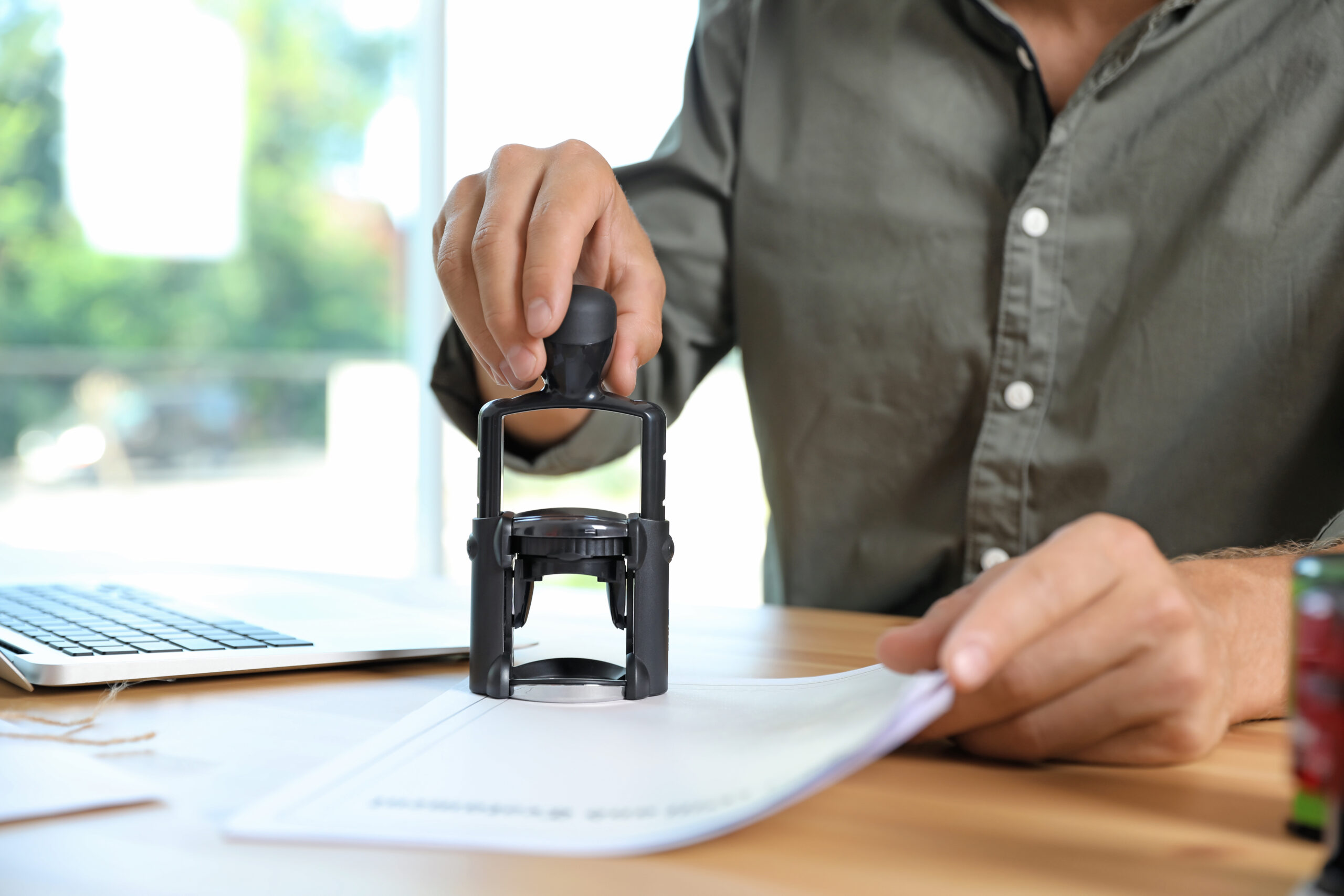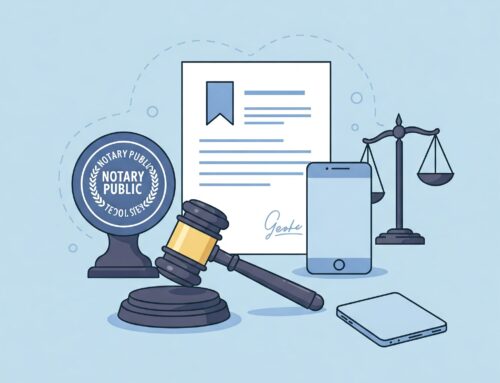Documents that create a legally binding agreement typically require notarization. The notarization requirements are set by local laws, and pretty much differ in every United States location.
The person having a document notarized must understand their local laws regarding notarization. Notaries may not provide legal advice and doing so is illegal. Doing so constitutes the unauthorized practice of law and is illegal. It remains the duty and responsibility of the person seeking to have a document notarized to consult with an attorney to understand the applicable state and local laws.
That said, here are examples of several types of documents which usually require a notary:
Acknowledgements. These certify the signer appeared in person before the notary, was identified by the notary and acknowledged signing the document or documents.
Jurats. These are found in sworn documents. They certify the signer appeared before the notary, took an oath or affirmation from the notary, and signed in the notary’s presence.
Certified Copy of Power of Attorney. A power of attorney (POA) is a legal authorization giving a person the legal right to act on another’s behalf. Notarization of a certified POA indicates that the copy is identical to the original. Banks, corporations and courts will not accept a POA unless it is notarized.
Oaths and Affirmations. Oaths are solemn promises to God. Affirmations are solemn promises made to one’s personal honor.
Proofs of Execution. These certify that a witness personally appeared and swore to the notary that another person signed a document.
Depositions. These are the administration of an oath or certificate.
Apostille. These are certifications or legalizations generally necessary for documents which may be sent to other countries. Apostille is a French word meaning certification.
For the accurate, reliable and legal notarization of nearly any type of document, go to https://notaries247.com. The notary staff there will get your document notarized quickly and correctly!






